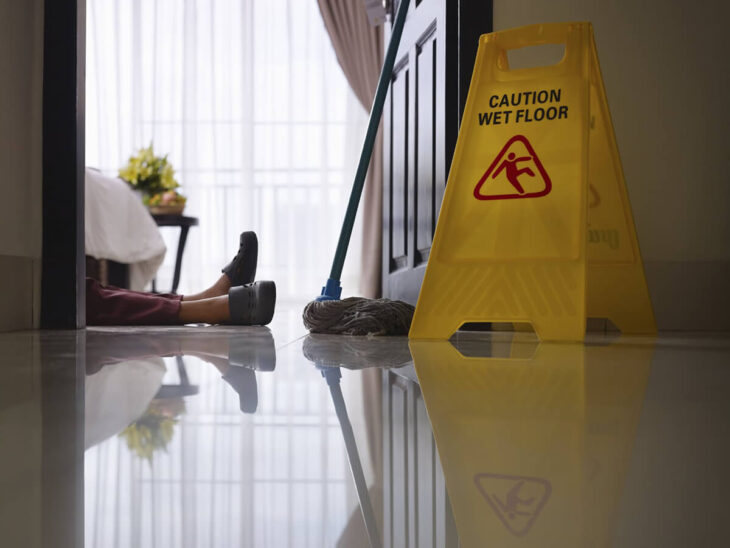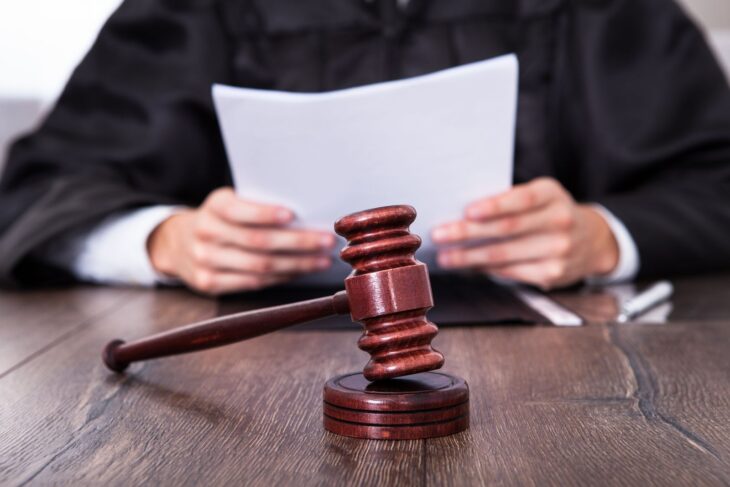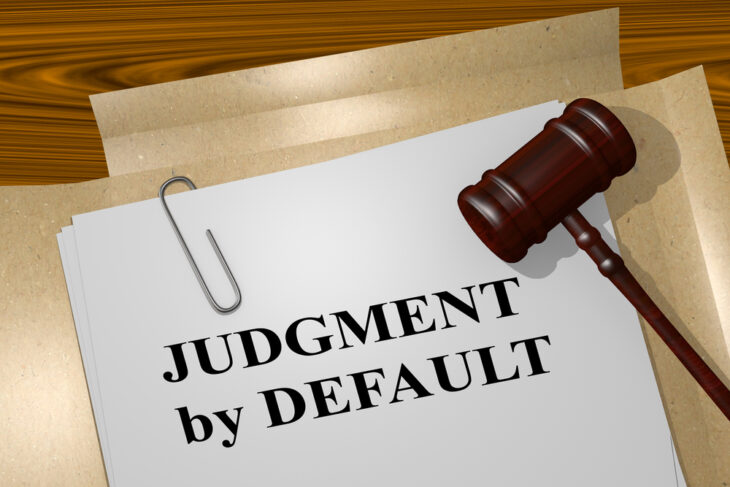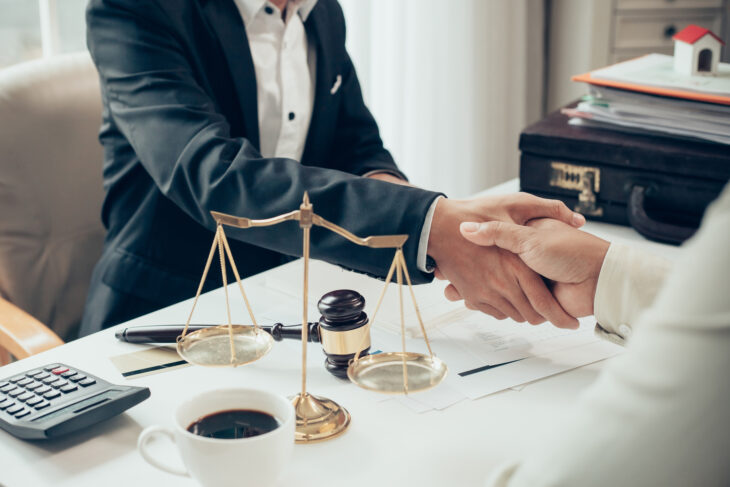Premises liability is a type of injury that happens due to unsafe conditions of someone’s property. If you get injured in New Hampshire, you tend to assume that the property owner is at fault, and if the property condition is unsafe, the property owner is liable. But that is not true. To get compensation, you have to prove that the property owner was aware of the bad condition of the property and still did not take appropriate steps to correct it. In this blog, you will read in detail about premises liability. Check out this link.
Examples of premises liability
Slip and fall cases
It is a personal injury in which someone trips and falls on someone else’s property. The reason could be:
- Oily floors
- Wet floors
- Defective staircases
- Torn carpeting
- Poor lighting
- Changes in flooring
- Hidden extension cords
- Broken sidewalks or stairs

Source: hm-attorneys.com
Inadequate building security
These cases happen in apartments and offices. The property owner must take appropriate measures to keep the building secure. In huge flats, there is a security door at the main entry door of the society, and in tiny houses, tenants keep the front and door locked. But suppose in case someone manages to come through the unlocked door and kills or harms the tenants staying on that floor. In that case, the tenants can file a personal injury case against the owner, and they can even get compensation if they can prove that the owner was well aware of the absence of locks, but he didn’t arrange anything for their safety.
Swimming pool accidents
These accidents generally take place with children in an unsecured pool. Most states have rules regarding fencing of swimming pools with locked doors. If someone keeps the door open, he may be liable for a personal injury case.

Source: lipcon.com
Dog bite cases
If someone’s pet dog bites, you can file for compensation. If the dog attacks due to lack of a fence or training, the dog owner must pay the amount.
While these injuries may be minor, you should seek compensation for any significant preventable damage on someone else’s premises. To make the other person liable, you need to prove that he was aware of the defect, so in premises liability, as you need to collect many pieces of evidence, it might take some time to get the compensation. Cooperate with your lawyer and actively work for the case to get better results.
You might have filed a case for personal injury or might be thinking of doing so. A pretrial motion is a request you make to the judge to intervene in your case even before the trial begins. It is crucial for your case as it can make or break your issue if you are injured in Vermont. In this blog, you will read about the types of motions in a personal injury case.
What is a motion?
A motion is an application that the defendant or the plaintiff puts forward to request the jury decide on specific issues before the trial begins. At the end of the motion, the judge can frame rules that both parties will abide by when gathering evidence and during the trial. The pretrial motion can explore some questions that may even lead to case settlement there itself. So you must have got an idea about the pretrial motion. Now let’s read about its types.

Source: browninglonglaw.com
Types of pretrial motions
Motion for Summary Disposition
It is a motion in which the party that files the case requests the judge to decide immediately in favor of them without further exploring the issue.
Motion for Alternative Service
If the other party is trying to hide so that you can’t serve the notice, you can use an alternative service. In such a case, the court might advise you to publish the information in a newspaper, post it in the court or even use social media. In these methods, you require methods before opting for them.
Motion for Default Judgment
When the defendant does not send a formal reply to your complaint, you can bring it to the court’s notice, and the judges will decide in your favor due to the lack of participation of the other party.

Source: edwardslawpllc.com
Motion Regarding Discovery
Before the trial, you will search for pieces of evidence, and this phase is known as discovery. During this phase, there might be some evidence under the other party’s control, and then there is a disagreement between the parties regarding the evidence collection method. In such cases, the judge intervenes on your request and forms rules for evidence collection.
Motion to Dismiss
In this type of motion, the other party might request dismissal of the case based on several grounds. In such cases, you can file the claim again, but the decision is final in other methods.
Motion to Limit Evidence
It is a motion in which you request the court to include or exclude some evidence during the trial. It allows you to gather evidence that is allowed in the court.

Source: molchanlaw.com
Why is it an important phase?
It is a significant phase because the unknown is known during this phase, and various factors that can affect the case are uncovered. They can use these pieces of evidence against the other party during the trial or pretrial settlement. So you got to know about the discovery phase and its importance. Now you will learn about the stages of the discovery process.
Steps of the discovery phase
There are four stages of the discovery phase which are:
Interrogatories
In this phase, each party asks questions in written format, and the other party gives answers to the best of their knowledge. Some common questions are contact information, insurance company details, insurance coverage, explanation of the sequence of actions during the accident, information about medical bills, lost wages, and other expenses caused due to personal injury, etc. It will help if you are honest while answering these questions, as the other party will find the right answer by hook or crook.

Source: surovellfirm.com
Documents Collection Request
In this phase, both parties provide evidence on request. The other party can object, give a copy of the document, or allow review of those documents. The generally requested documents are medical records, medical bills, employment records, pictures or videos of the accident site, police reports, etc.
Request for admission
In this phase, one party puts a set of allegations against the other party, and the other party either admits or denies the allegations. It saves a lot of time by preventing time wastage on things that are not contested.
Depositions
In this phase, a session of questions is asked to one of the parties or the witness, and the person who answers the question does that under oath. It is meant to create a legal strategy.
Source: gardilaw.comConclusion
Pretrial motions are an excellent opportunity to make the case in your favor, strategize better and even settle the claim. So be proactive with your lawyer during the process.
